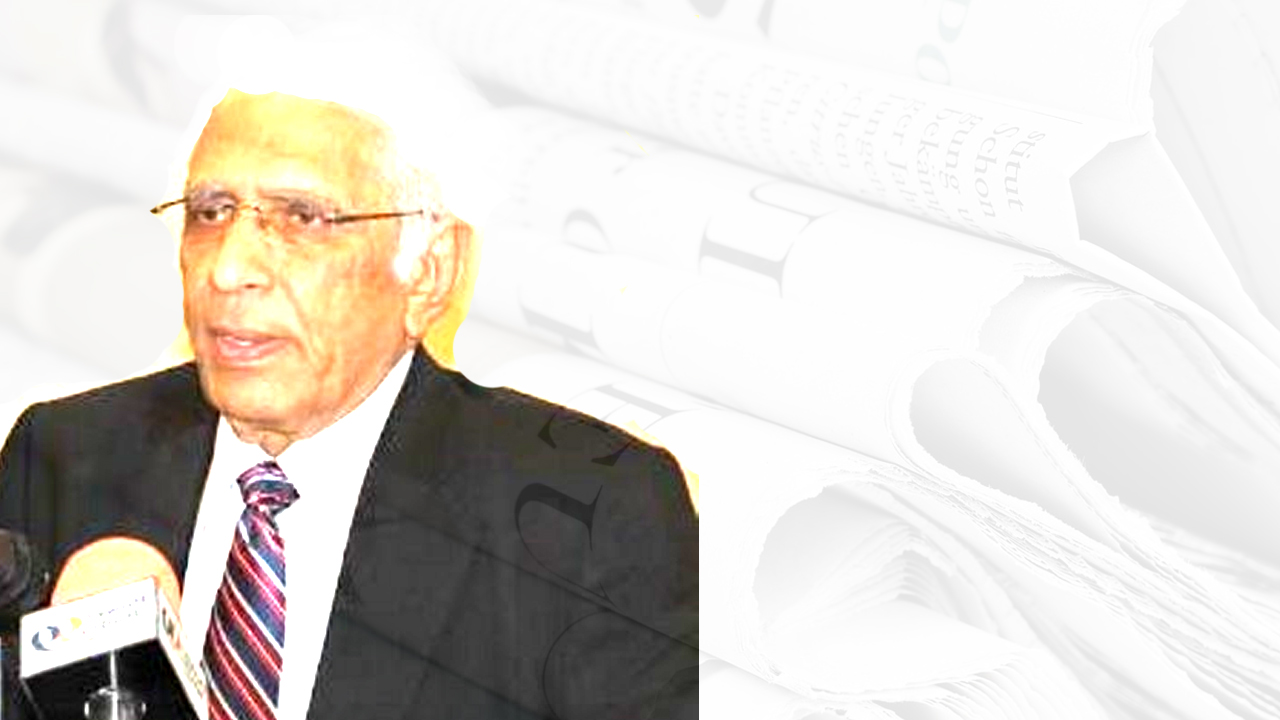Israeli police raided against the al-Aqsa mosque on the holy night of Laylat al-Qadr, firing stun renades and rubber-tipped bullets at one of the holiest sites of Islam where protest demonstrations were being staged driven by anger over the looming evictions of Palestinian families from the Sheikh Jarrah neighborhood of east Jerusalem for making room for Israeli settlers.
Hamas had retaliated by launching over 4,000 rockets at Israel during the 11-day ‘war’. Israel struck back with destructive air-raids against Gaza. In the ensuing one-sided military contest 248 Palestinians, including 60 children lost their lives, Gaza was turned into rubbles and some 12 Israelis had perished on the other side.
Almost the entire world came out protesting against the Israeli atrocities. The UN General Assembly passed resolutions condemning Israel. The UNSC attempted twice to sanction Israel, but the threat of US Veto saved the day for Tel Aviv. But the one protest that was expected to be the loudest, however, remained almost inaudible throughout the Israeli mayhem—the anticipated protest of the Organization of Islamic Cooperation (OIC), plus that of the Arab League and the Gulf Cooperation Council. It was not heard because it had already been chocked by the UAE, Morocco, Sudan and Bahrain—the four countries that recognized Israel only a couple of months’ back— dealing a seeming death blow to the two-state solution.
Israel was born out the infamous Balfour Declaration announced in 1917 supporting the establishment of a “national home for the Jewish people” in Palestine, then an Ottoman region with a small minority Jewish population.
The British government later confirmed that the words “in Palestine” meant that the Jewish national home was not intended to cover all of Palestine. In 2017 they finally recognized that the Declaration should have called for protection of the Palestinian Arabs’ political rights. But too late. By then the ‘forever’ Israeli–Palestinian conflict had become a bleeding wound in what has come to be described as the world’s most intractable conflict.
The Palestinian evictions are based in part on a doubtful 1970 Israeli law that allows Jews to “reclaim” East Jerusalem land “owned by Jews before 1948”. But no similar law exists for Palestinians who lost their homes in what is now Israel to the Zionist terrorism in 1948 and fled to what was then Jordanian-controlled territory.
The ’state of Israel’ could continue to forcibly evict the Palestinians from their land, thanks largely to the US for the $3.8 billion aid package it delivers annually to Israel—which goes almost entirely toward military assistance and is not conditioned on Israel’s compliance with international humanitarian law. This package also included $1.6 billion specifically for building the anti-missile Iron Dome batteries and interceptors.
Within the bounds of Israel itself, Arab citizens are discriminated against on racial grounds in a systematic manner that is increasingly being described as apartheid. As the protests in Jerusalem unfolded, Palestinians living in areas that are ‘Israeli’ by the logic of partition erupted in support of Sheikh Jarrah, as they did in the West Bank and the diaspora.
As Palestinians staged protests in Israel, burned tyres, attacked Jews and torched synagogues, the Jewish mobs, in many cases protected by state security forces, roved around cities, attacking and lynching Palestinians in the street or trying to break into their homes.
Just as Sheikh Jarrah’s residents are being dispossessed today, many Palestinian citizens of Israel saw their land and property expropriated by the newly created state seventy years ago. Today, more than 93 percent of land in Israel is controlled by the Israeli Land Administration, most of it allocated to Jews.
Today the two communities are so intertwined that to fully separate them has become unrealistic, if not actually impossible. Fatefully, more than 7.3 million Palestinian Arabs live—either as citizens in Israel or as noncitizens in the West Bank, Gaza, and East Jerusalem—alongside nearly 6.8 million Israeli Jews. Palestinian Arab fertility rates (4.3 children per woman in the West Bank and 4.5 children per woman in Gaza) far outstrip the Israeli Jewish average of 3.1 children per woman.
Time ripe for Palestinian leaders to present the international community with two options: either come up with a credible plan for achieving a two-state solution within a realistic and short time frame (before Israel completely ‘cleanses’ its land of all Arabs) or vigorously support the Palestinian struggle for equality within one democratic state.
Several academic and Track II diplomacy exercises have already suggested models for a single state—from a liberal, one-person-one-vote model that Israel is sure to reject, to a binational, federal model in which different ethnic groups share power while maintaining some degree of political autonomy. Israel will need to evolve, they argue, into a secular state that protects the rights of all citizens, regardless of religion or origin.
At Israel’s illegitimate founding, the country’s first prime minister, David Ben-Gurion, warned about Palestinian refugees. “We must do everything to ensure they never do return,” he said. “The old will die, and the young will forget.”
He was wrong about the young.
As the conflict escalated last week, a manifesto circulated online for the “Unity Intifada,” calling for a united uprising of Palestinians from Gaza, the West Bank, Jerusalem, inside Israel, and the millions of Palestinians in refugee camps and diaspora communities globally. “This Intifada will be a long one,” the manifesto said, “in the streets of Palestine and in streets around the world.”










